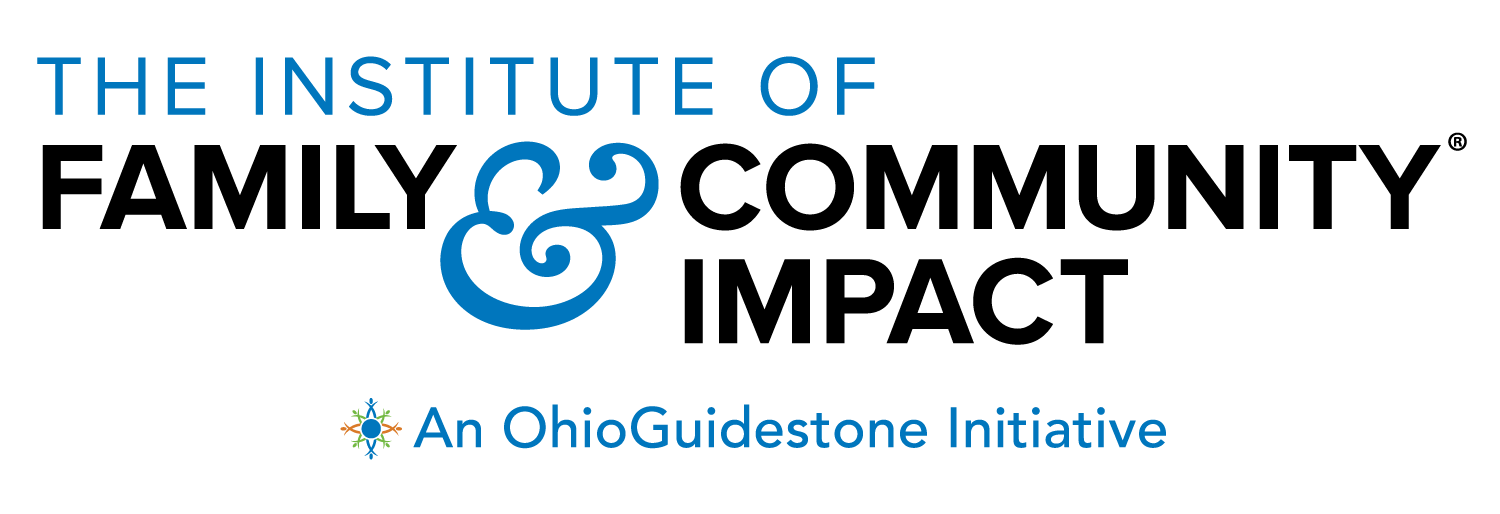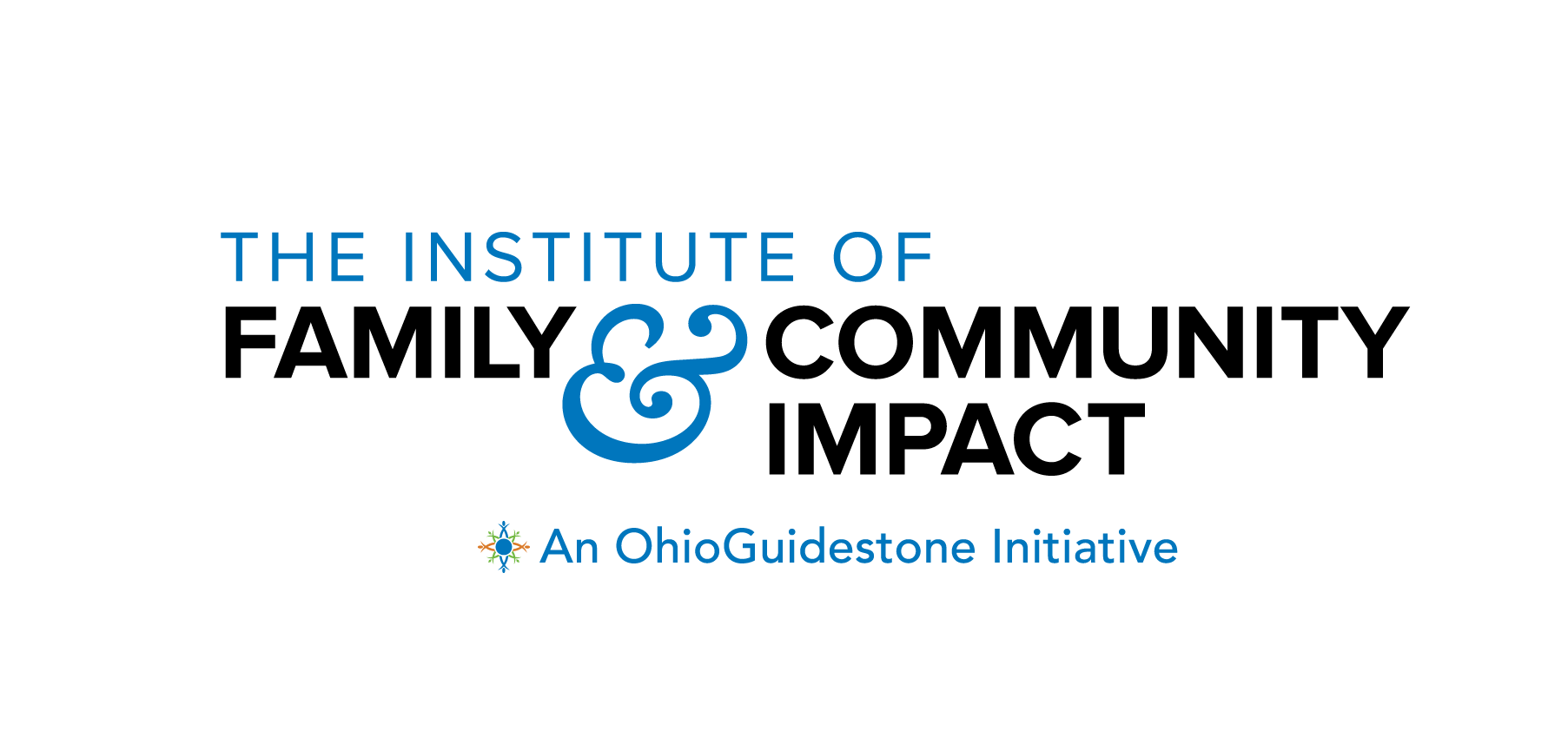
Danger of Misusing Prevention Data- 06/2021 Position Paper
Table of Contents
06/2021 Misusing Prevention Data Position Paper Summary:

Behavioral health screenings, such as for adverse childhood experiences, are important data for identifying individuals and communities at risk of long-term ill health effects. However, without a framework that centers the desires and needs of the people who are screened and a trauma-informed lens, we risk pathologizing people and subjecting them to surveillance that can be harmful and intrusive. By carefully using prevention data to empower people to make decisions for themselves and their communities, we can enhance our care and public health through mutuality and collaboration.
In our new Position Paper we define the goals of prevention data, examine how risk factor data may be misused, and look toward a prevention framework that zeroes in on the real systemic harms that true prevention efforts must address.
Prevention should be an act that the individual or community perform for themselves, not the beneficent saviorism of clinicians and public health professionals descending from up high. We do not directly save lives; we care for people. Thus, by understanding this framework, we should not be screening individuals for risk factors to shield them from harm, but rather to notice which social risks they are exposed to and what types of care and support they might benefit from.
Without this clarity of the purpose of prevention — i.e., to allow people to make decisions that best serve themselves and their self-interest long-term — preventative measures will fall the way of all forms of healthcare that fail to address systemic discrimination, inequity, and injustice: Doing as much as, if not more, harm than good.
Read below and visit our Position Papers page to explore the rest of our releases!
Who Should Read This Position Paper?
At the Institute, our Position Papers are accessible and free to anyone looking to learn! However, we encourage the following groups to use this paper and the contents immediately to better improve behavioral healthcare for our communities:
- Primary care providers
- Behavioral health services providers
- Clinicians
- Health researchers
- Policymakers
- Community advocates
- Disability advocates
What’s Inside?
- Takeaways and Action Items
- General education on prevention and identification of the different levels.
- Using Adverse Childhood Experiences (ACEs), Lead Poisoning as case examples.
- Information on resisting inequitable systems and building equitable ones.
- Exploration of strengths-based vs. deficiency-based perspectives.
- Supporting Resources & References:
Feedback & Questions
The Institute of Family & Community Impact, an initiative of OhioGuidestone, understands all of our work is informed by the communities we serve. Have questions about who we are or what we do? Or have a suggestion for a future Position Paper topic? Visit our FAQ page or contact us today.


